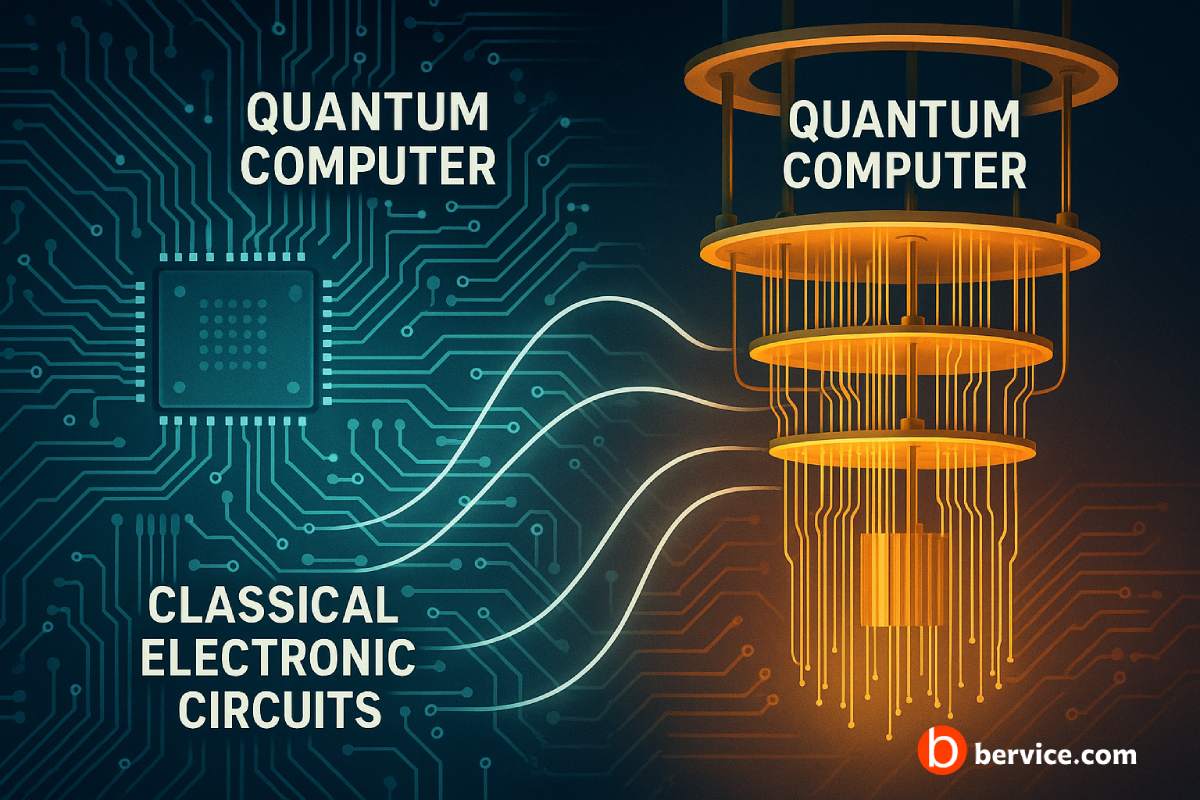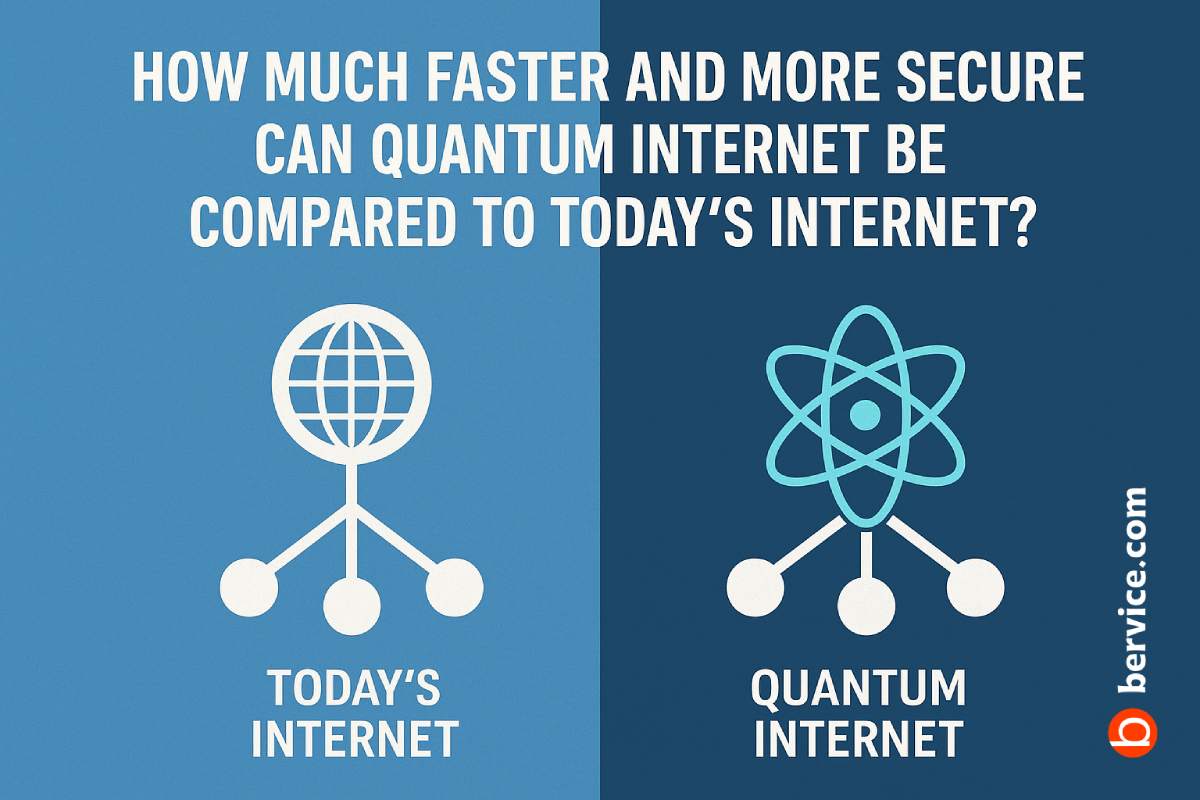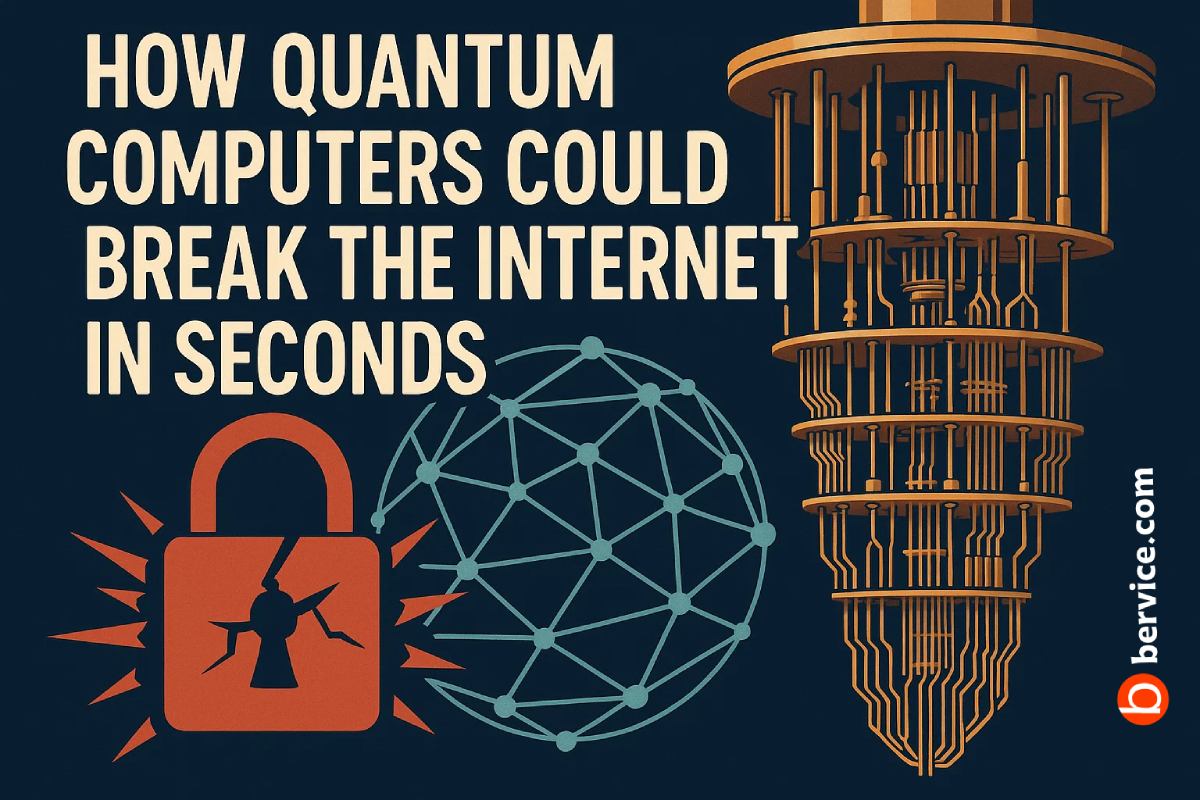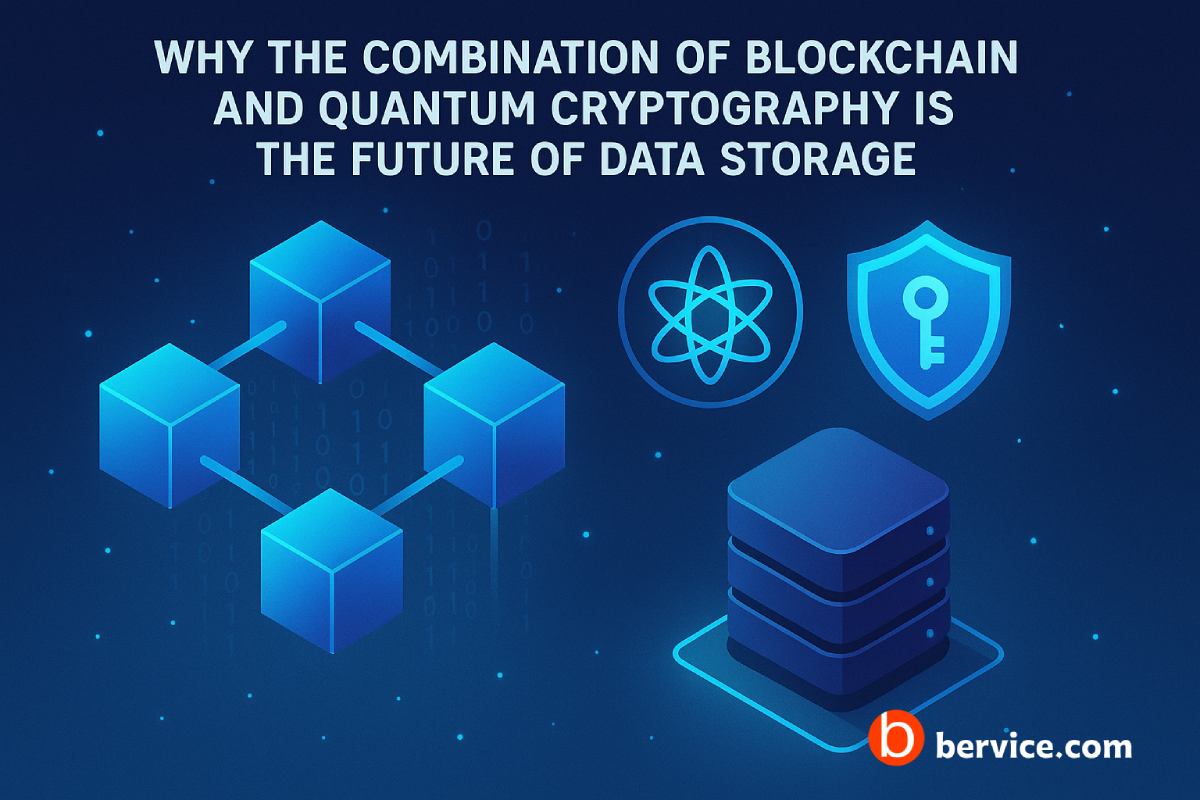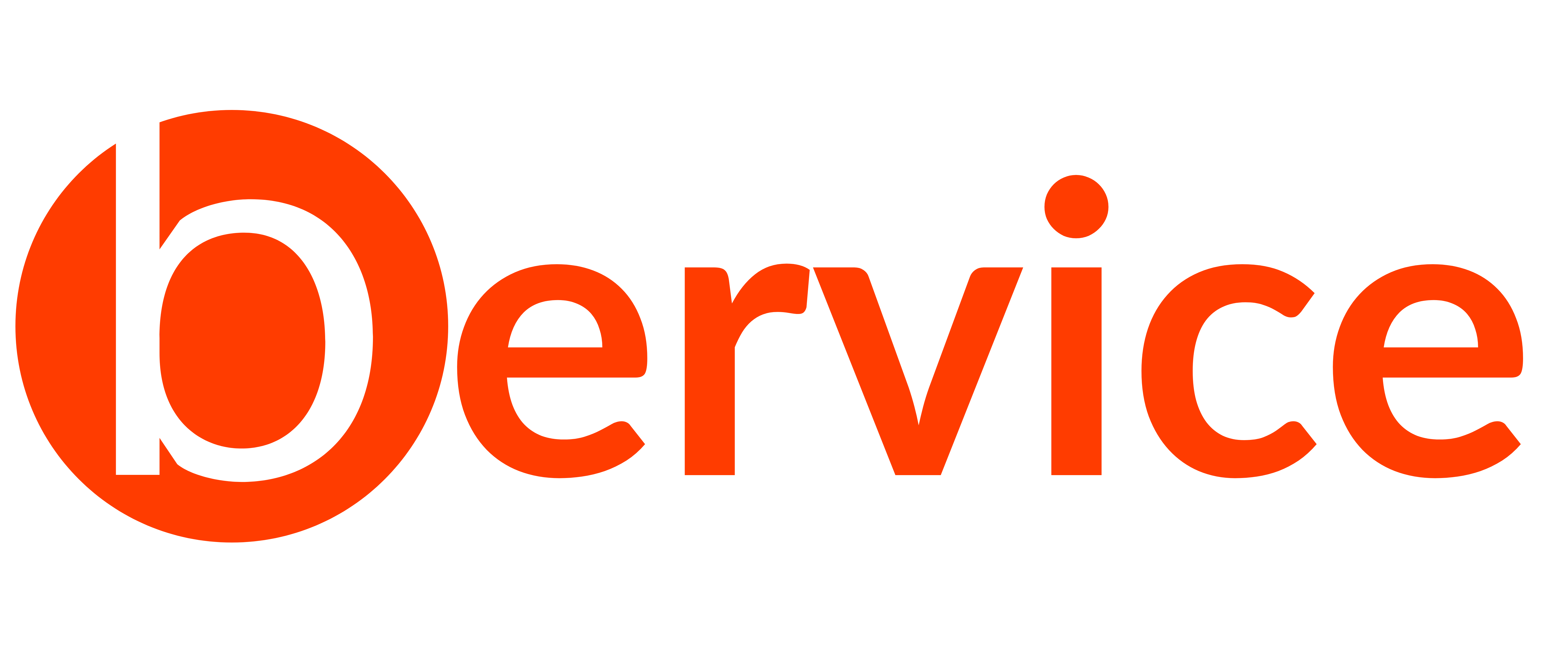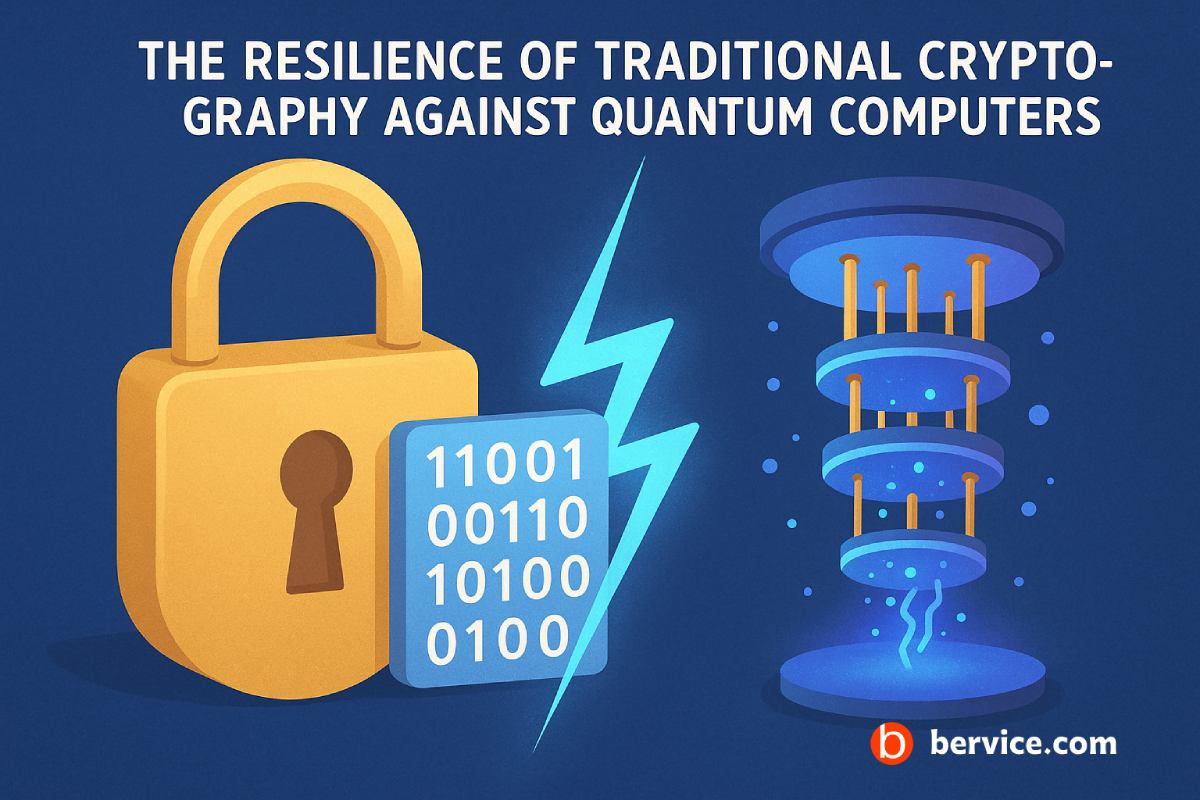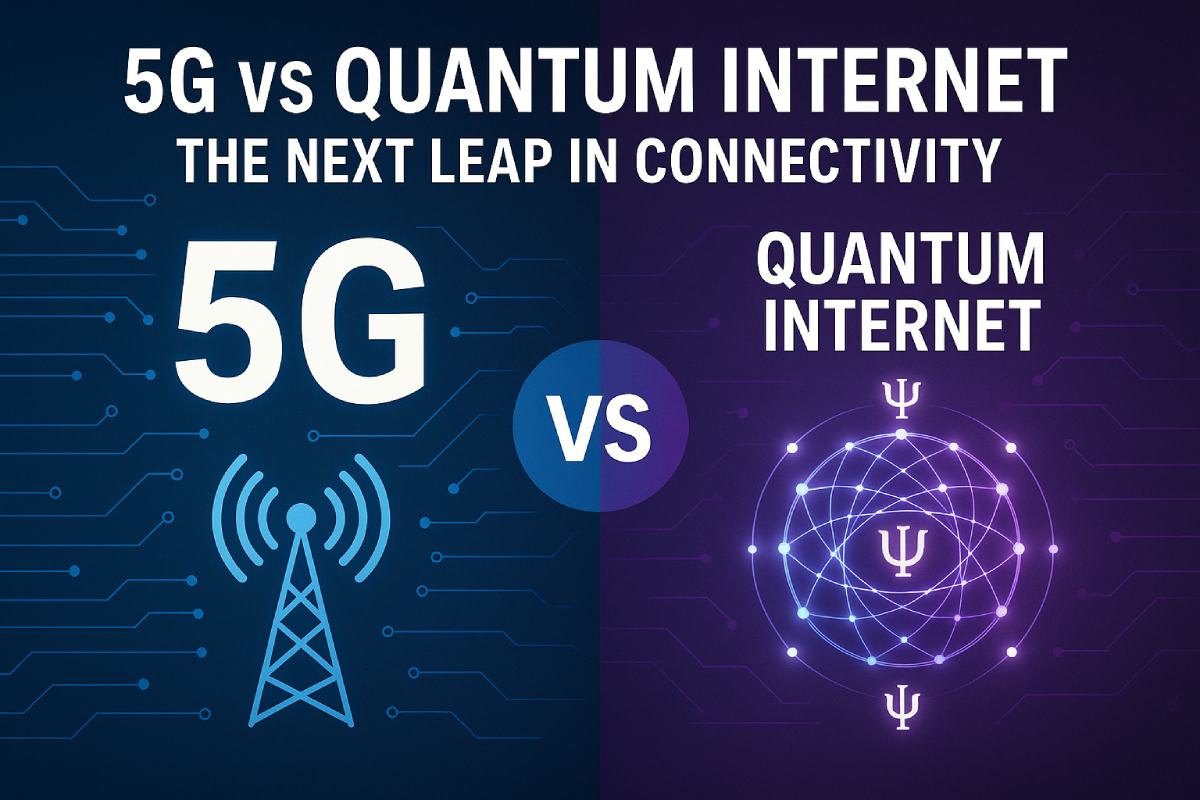
As the world embraces the transformative power of 5G, a new frontier in connectivity is quietly emerging quantum internet. While 5G is designed to deliver ultra-fast speeds, low latency, and high device capacity, quantum internet promises a paradigm shift in how information is transmitted, secured, and processed. But how do these two technologies truly compare, and what advantages does quantum internet offer beyond the capabilities of 5G?
Understanding the Fundamentals
5G is the fifth generation of mobile networks, leveraging millimeter-wave frequencies, massive MIMO (Multiple Input, Multiple Output), and beamforming to deliver unprecedented speed and reliability. It supports real-time applications such as autonomous driving, augmented reality (AR), and industrial automation with latency as low as 1 millisecond.
In contrast, quantum internet is based on the principles of quantum mechanics, specifically quantum entanglement and quantum key distribution (QKD). Instead of sending classical bits (0s and 1s), it transmits qubits—quantum bits that can exist in superposition. This enables the transmission of information with unbreakable security and new forms of computation and communication.
Speed vs Security: Different Priorities
The most obvious advantage of 5G is speed. With theoretical download speeds of up to 10 Gbps, 5G enables near-instant data transfer. However, it still relies on traditional encryption methods, which are vulnerable to cyberattacks—especially in a future where quantum computers can easily break RSA and ECC encryption.
Quantum internet, while currently slower in data transmission compared to 5G, offers perfect forward secrecy using quantum cryptographic techniques. Any attempt to intercept quantum-transmitted data will collapse the quantum state, immediately alerting the communicating parties. This makes it fundamentally unhackable.
Latency and Communication Efficiency
5G excels in minimizing latency in localized environments, crucial for applications like VR and autonomous systems. However, long-distance communication over classical channels still suffers from signal degradation and relay-based vulnerabilities.
On the other hand, quantum teleportation—a method used in quantum networks—can transmit qubits across vast distances without moving particles through space. This may allow instantaneous, lossless transmission once quantum repeater technology matures. Although we’re not there yet, quantum networks could eventually surpass classical communication in both efficiency and fidelity.
Use Cases: Complementary, Not Competing
While 5G powers the physical layer of IoT, smart cities, and mobile broadband, quantum internet will revolutionize secure communication, distributed quantum computing, and national defense infrastructures. Key use cases for quantum internet include:
- Quantum-encrypted financial transactions
- Secure government and military communications
- Federated learning and secure AI collaboration
- Quantum cloud computing
These technologies are complementary. 5G will continue to be the backbone of consumer connectivity, while quantum internet will likely operate in parallel networks for sensitive or high-security tasks.
Advantages of Quantum Internet Over 5G
Here are some key advantages of quantum internet compared to 5G:
- ✅ Unhackable Security: Based on quantum key distribution and entanglement, it offers protection beyond the reach of classical or quantum hackers.
- ✅ Quantum Speedup Potential: Enables interactions between quantum computers, unlocking massive computational power.
- ✅ Global Secure Communication: Facilitates secure intercontinental data exchange without risk of eavesdropping.
- ✅ Tamper Detection: Any interference or intrusion in the quantum channel is immediately detectable.
- ✅ Future-Proof Infrastructure: Immune to threats posed by quantum computers against classical encryption.
The Road Ahead
While 5G is a mature and rapidly expanding technology, quantum internet is still in the experimental and prototyping phase. Projects such as China’s Micius satellite, the U.S. Department of Energy’s Quantum Internet Blueprint, and Europe’s Quantum Flagship are laying the groundwork for a global quantum network.
Mass adoption of quantum internet will depend on advances in quantum memory, entanglement distribution, and quantum repeaters. These challenges are non-trivial, but the scientific and strategic value is so high that global powers are investing heavily in this field.
Conclusion
5G and quantum internet are not mutually exclusive; rather, they represent different layers of the digital future. While 5G redefines connectivity speed and scale, quantum internet redefines security and trust. As quantum infrastructure matures, we can expect a hybrid model where classical and quantum networks coexist, each empowering a different set of applications in the digital era.
Connect with us : https://linktr.ee/bervice
